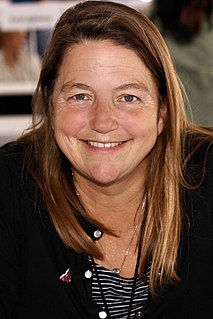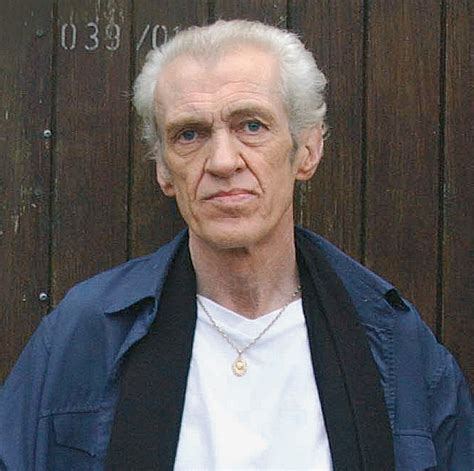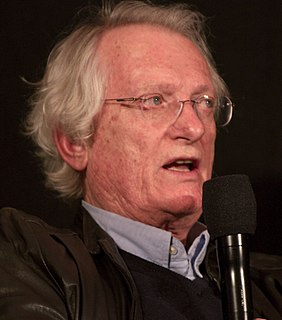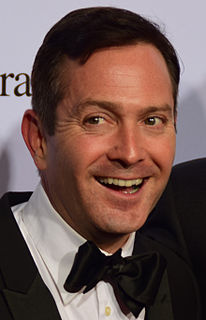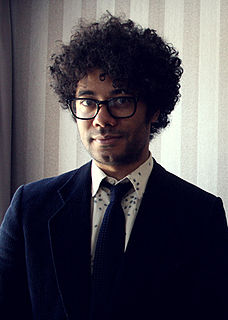A Quote by George Pelecanos
Sometimes I think 'The Wire' said it all, and I might as well not write any more crime novels.
Related Quotes
I had written eight drafts of the Lemony Snicket' screenplay when this changing-of-the-guard thing happened, and I said to the new producers, "I don't think I could write any more drafts." I guess I was sort of hoping they would say, "Well that's okay, this last one is perfect." But instead, they said, "It's funny you should say that. We don't think you can write any more drafts either."
All my novels are rooted in their time and in their place. The place of my novels is Israel, almost without exception. Almost without exception, my novels are rooted in Israel because that's the place I know well. And, that's my gutsy advice to any young writer: write only about what you know well. Don't write about that which you don't know.
John Logan was kind of wrapping up - "Well, thanks for coming in..." - and I thought, "Oh, God, this is over and I'm out of here, and I really don't want to leave."So I said, "Can I ask you a question?" He said, "Sure." "What movie do you think you've seen more than any other movie?" And he said, "Wow, let me think about that. I guess probably The Searchers." And I said, "Well, oddly, that's the movie I've seen more than any other movie." And I wasn't just BS-ing. It's true. It's my favorite movie.
Now you mustn't think that I don't have any ideas for novels in my head. I've got ideas for ten novels in my head. But with every idea I have, I already foresee the wrong novels I would write, because I also have critical ideas in my head; I've got a full theory of the perfect novel, and that's what stumps me.






